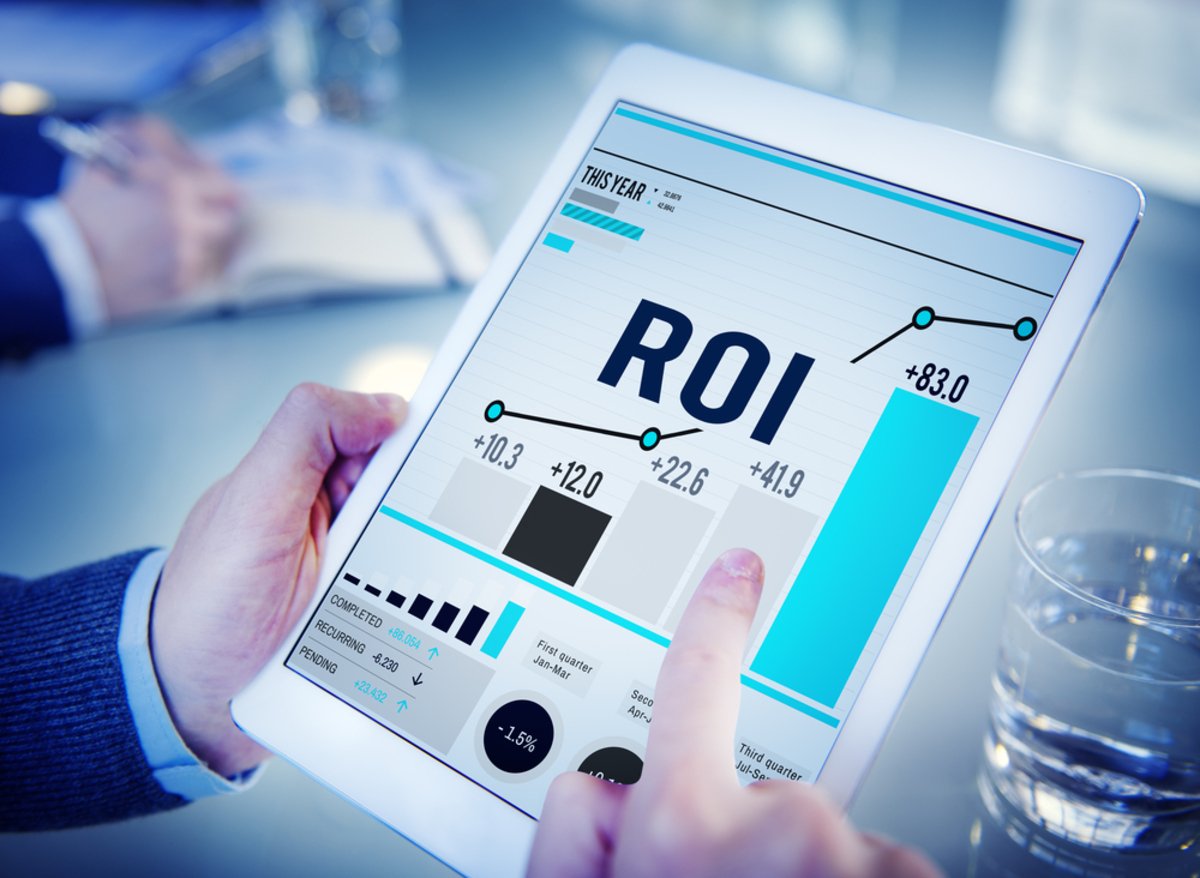Listen to the article
How To Calculate ROI for Financed Real Estate Investments in Detroit
Real estate provides an opportunity for investors to earn money from rental income. Still, like any investment, there is no guarantee of a return without the right strategies. To meet financial goals, property owners must evaluate the potential for profit on a real estate purchase.
When considering a real estate purchase as a rental property investment, it’s essential to assess the property's potential return on investment or ROI. This calculation helps investors estimate the profit potential for a property and evaluate whether it is a good investment worthy of buying. Today our Detroit property management experts walk through calculating ROI for financed real estate investments!
What Is ROI?
ROI (return on investment) is a profitability ratio that evaluates profits after considering all expenses. The formula measures how effectively and efficiently investment money is used to produce a profit. However, calculating ROI on a real estate investment can be challenging because many factors to consider.

Calculating returns for a property purchase made with cash is pretty straightforward. ROI equals income from the property, minus expenses, divided by the amount paid to purchase the property. Whether you bought with cash or financed the property, income might vary, including rental payments and money earned from other sources, such as payments collected for specific amenities like parking or vending machines on the property. Expenses can also vary, including maintenance costs, repairs, property taxes, and insurance. All of these factors are critical when accurately evaluating returns for an investment.
How Is ROI Different when Financing Is Involved?
ROI calculated on a real estate investment purchased with a mortgage is a little more involved than a cash transaction. When calculating ROI, an investor borrows money to buy a rental property, the costs must include the mortgage payment as an expense. In addition to typical expenses like repairs, taxes and insurance, the down payment for the property and the closing costs also must be added to the equation.
To start the calculation, assume an investor bought a rental property for $200,000 using a mortgage. They provide 20% of the purchase price as a down payment, which is $40,000. The closing costs come in at $5,000 for the property. Then, they put $15,000 into the property for rental-ready renovations. In this case, the total cost of buying the rental property with a mortgage equals the down payment plus closing costs plus remodeling—or $60,000 for the initial investment.
What Other Expenses Factor Into ROI?
A property owner must also include ongoing expenses in the calculations for ROI on an investment property purchased with a mortgage. For example, assume the lender charges 4% interest on the $140,000 borrowed to buy the property we mentioned above for a 30-year fixed-rate loan. The monthly principal and interest payment on that mortgage amounts to $404, which must be added into the formula as a monthly expense. Don’t forget about an estimated $400 the owner pays for utilities, taxes, and insurance on the property. Total monthly costs come to $808.
Apply Income and Expenses to the ROI Formula
To calculate the ROI, property managers know that you must determine the monthly return on the investment based on the expenses noted above and the monthly rental rate. In this case, we answer the question of "how much can I rent my house for?" by applying $1,500 a month in rental income.
-
The monthly return equals the income minus monthly expenses, or $692.
-
To calculate the ROI over a year, multiply the monthly cash flow of $692 by 12 months for a total annual return of $8,304.
-
Then, calculate ROI by dividing the annual return ($8,304)by the initial cost of buying the property with a mortgage, which was $60,000, for an ROI of .1384 or 13.8%.
![]()
Other variables can affect the ROI on a real estate investment purchased with a mortgage, including deductions that can help reduce taxes and equity earned during property ownership. With an accurate ROI calculation, property owners can manage income and expenses to improve return or evaluate potential investment properties before closing on the investment.
Optimize ROI With a Detroit Property Management Company
What does a property manager do? The best Detroit property management companies help investors find accurate cost and income estimates and run the numbers to analyze the potential for rental properties. Conducting the necessary evaluation of a real estate investment is an essential step in determining whether it will produce the profits you need to meet long-term goals!
Ready to learn more about ROI for financed transactions? Whether you’re looking for your first rental property or working toward building a significant real estate portfolio, Own It Detroit has the real estate investing experts you need to find the best properties and manage them to profitability. Reach out soon to learn more about our property management services!
Calculate Your Rental Property ROI! Click to use our free tool.








